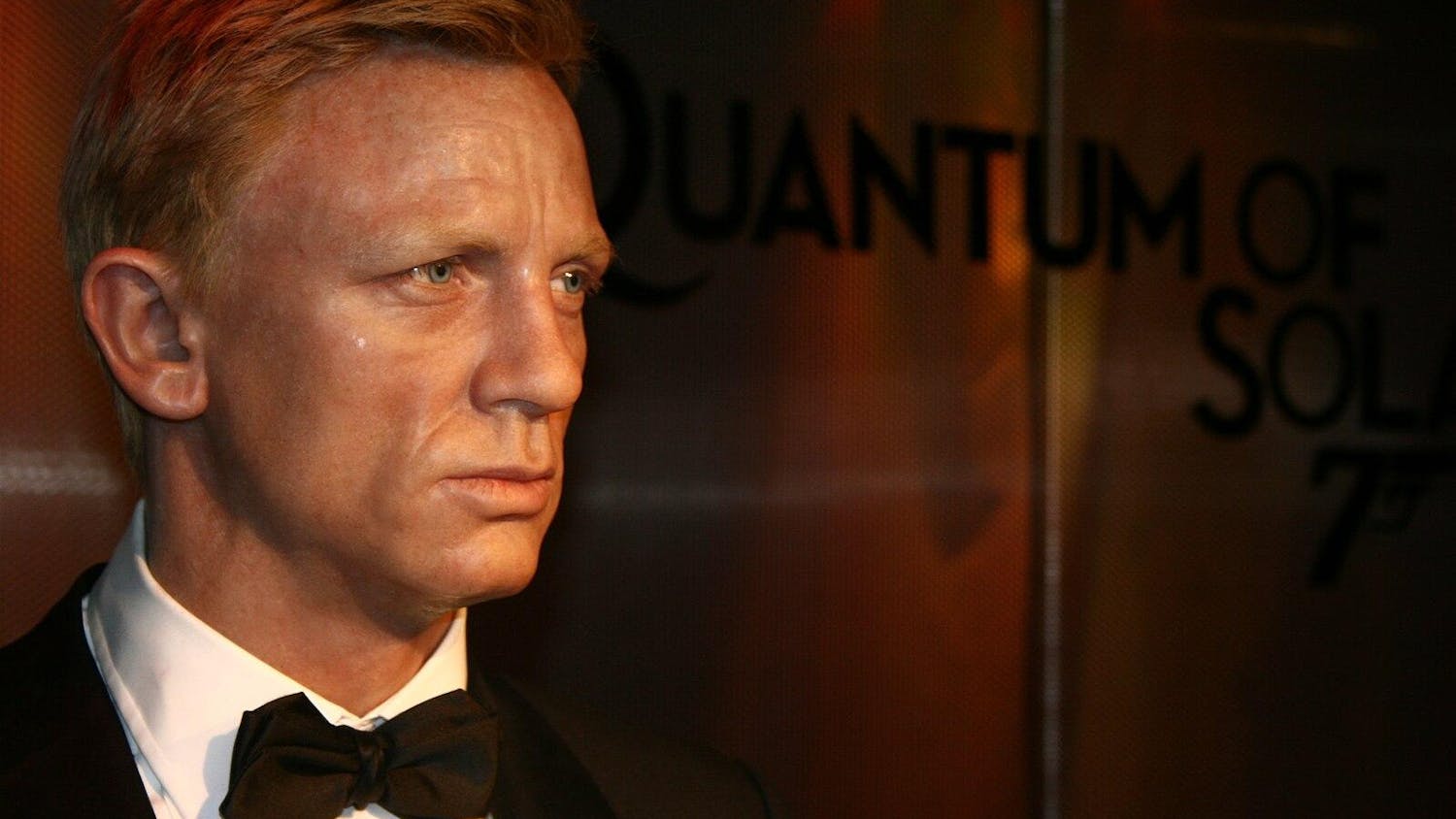Originally hailed as some of the finest work on television, AMC's "The Killing" has returned to the small screen after a finale that left many fans disenchanted and frustrated with the show's direction. Despite this animosity, "The Killing" delivered a powerful two-hour premiere and proved that its character-driven plot and unique take on the crime-drama genre warranted the tantalizing continuation of its primary mystery from last season.
After seemingly answering the central question of "who killed Rosie Larsen?" the series ended its first season by instead vindicating the assumed murderer and introducing a throng of new questions. Patient fans felt robbed of justice in the process, but they failed to realize that solving Rosie's murder would change the show's format and direction entirely. "The Killing" is defined by its structure, as it is one of the only crime dramas on TV that focuses solely on a single murder as opposed to the procedural setup of solving one per episode. Furthermore, its three central plots revolve around the Larsen murder, so wrapping up the case would nullify the connections between them and make many of the characters unimportant. Viewers need Rosie's killer to remain at large for the show to retain the very elements that attracted them in the first place.
"The Killing" splits its time between three storylines: the efforts of two detectives to solve a young girl's murder, her family's struggle to deal with the loss of their daughter and the workings of a political campaign that becomes linked to the murder case. Set in and around Seattle, the show often mixes the characters of each plot, as Detective Sarah Linden (MireilleEnos) follows clues and her own intuition toward shrouded answers, stopping at nothing to solve the crime.
Resembling something straight out of a "CSI" episode, the plot doesn't seem to be anything revolutionary at first glance. But by stretching out the case over the course of numerous seasons, the series is able to delve into the lives of the characters and examine how exactly a murder might affect a family, the detectives on the case and all those connected to the victim in some shape or form.
"The Killing" makes things personal - it digs deep and gets the viewer invested in the cast through its evocation of sincere emotion. The dialogue is neat and sharp, and over the course of a season, the audience comes to take on the struggles of the characters as their own.
It helps that this powerfully emotional cast is composed of talented actors who execute their roles flawlessly. The ex-drug addict Detective Stephen Holder (Joel Kinnaman) badgers his partner, Linden, for her lack of parenting skills and commitment issues. Despite his inappropriate way of handling things, Holder steps up when Linden can't and constantly amuses viewers with his witty comments. Relatively unknown outside of Sweden until now, Kinnaman rises a notch above the rest of the cast and steals this show with his driven performances.
Enos likewise delivers a convincing performance as an emotionally crippled mother far too dedicated to her job. Linden and Holder's characters are fleshed out and draw audience empathy for their respective problems as their strained relationship is delved into.
Though the detectives have drawn the most praise, they are supported by a number of powerful characters. Mayoral hopeful Darren Richmond (Billy Campbell) and devastated father Stanley Larsen (Brent Sexton) stand out as each successfully drives his respective plot. While they are quite different - the former white-collar and reserved, the latter blue-collar and aggressive - each deals with the loss in his unique way, struggling passionately to overcome it.
From the very first instance of its wonderfully unsettling title theme by We Fell to Earth to the premiere of its second season, "The Killing" has managed to maintain a thoroughly eerie, foreboding tone that is enhanced by the incessant dreariness of the Seattle area. Coupling this with endless mysteries, both plot- and character-related, results in a program so full of intrigue that you can't help but watch in curiosity and fascination.
Luckily, "The Killing" has opened its second season with the same character-driven mystery and drama that made it fantastic in the first place. Though it runs the risk of becoming phony, as "Prison Break" (2005-2009) did by introducing the theme of government conspiracy, "The Killing" is still fresh and innovative for now. While fans will be kept wondering, "Who killed Rosie Larsen?" for at least another season, they'll be rewarded along the way with genuine emotional struggle and stellar performances from the entirety of the cast.





